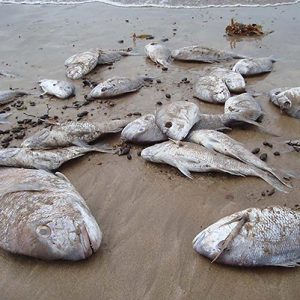In a recent survey, more than three quarters of the 822 respondents said they felt that the size and availability of crayfish rated poorly, just a one or two on a scale of 1-7. The survey, targeting people who collect crayfish between Pakiri and East Cape, produced results in stark contrast to the Ministry for Primary Industries’ (MPI) claims that the CRA 2 fishery is doing well. Only 2.2% of respondents saw the fishery as being above average.
Of the respondents, 55% claimed to have fished CRA 2 for 20 years or more. This wealth of knowledge is not something to be ignored, with some of these individuals being able to give first-hand account of the decline.

This area (CRA 2) has the lowest commercial catch rate in New Zealand and last year commercial fishers resorted to leaving 25% of the quota uncaught to ‘help reduce fishing effort’. Scott Macindoe says “the commercial fishermen are unable to catch that many crayfish, and they have been for some time”. Despite this, CRA2 did not appear in MPI’s recent annual review of rock lobster sustainability measures.
It is clear MPI is not doing enough to look after public interests. The very purpose of the Fisheries Act is ‘to maintain the potential of fisheries resources to meet the reasonably foreseeable needs of future generations’. This legislation is supposed to guide the decisions of the Ministry and its Minister, yet somehow the likelihood of future generations being able to bring home a crayfish seem to be diminishing right before our eyes.
Last year, independent scientists described crayfish stocks in the Hauraki Gulf, a portion of CRA2, as “functionally extinct”. This means there are too few of them to play a significant role in the ecosystem. This failure of the current management system needs to be acknowledged and addressed so we can fix the issues that caused the decline and ensure that this does not happen to other species or in other regions.
An independent inquiry into the fisheries management system must be initiated, the public deserve to have confidence that their Ministry is acting to protect our precious marine environment.





